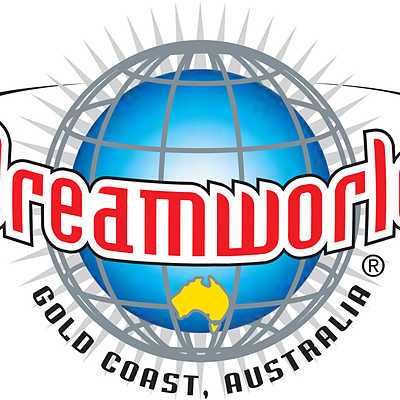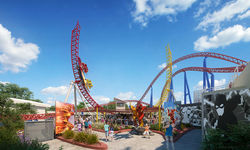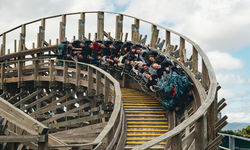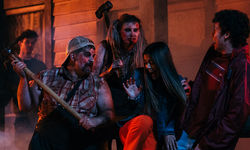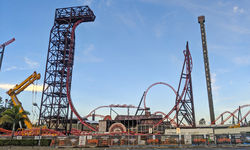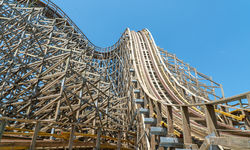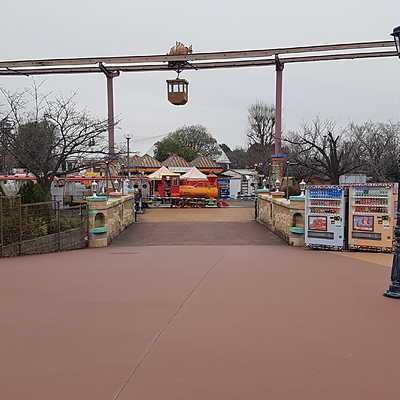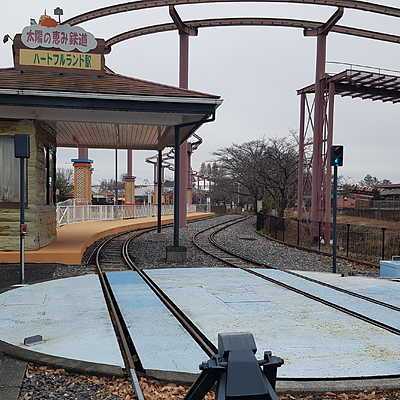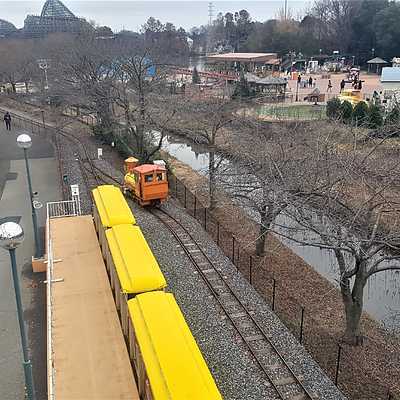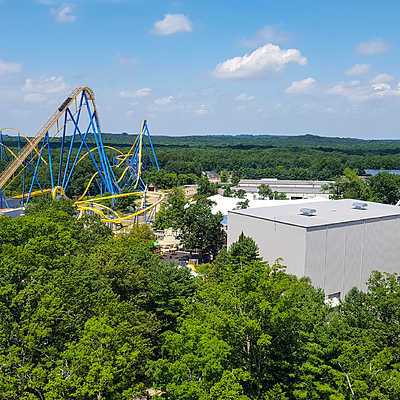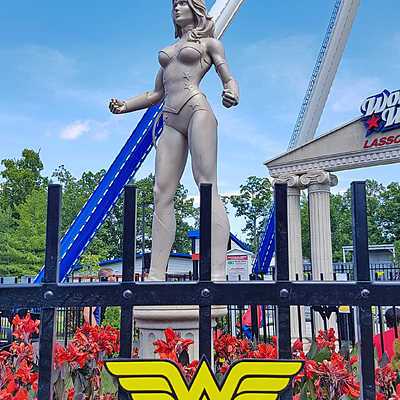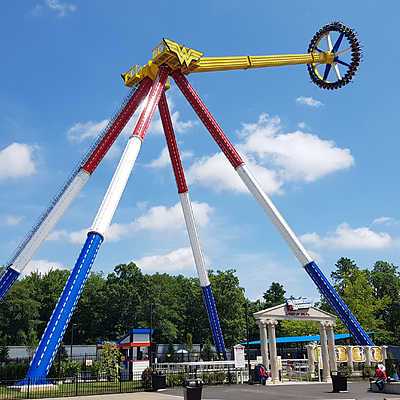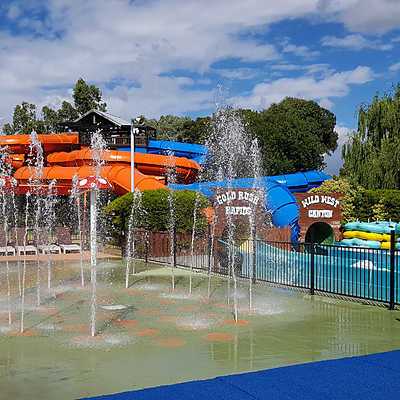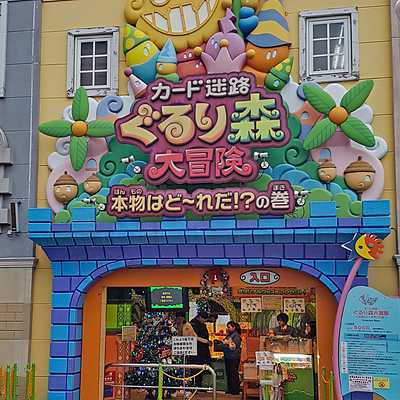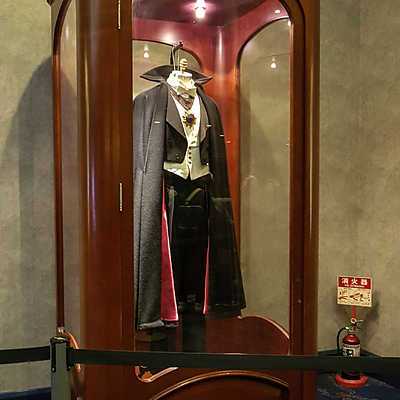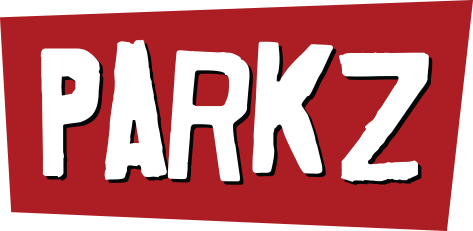Deborah Thomas demoted amid Dreamworld sale rumours
Embattled Ardent Leisure CEO Deborah Thomas's brief period in the CEO position comes to an end as talk of a Dreamworld sale rears its head once again.
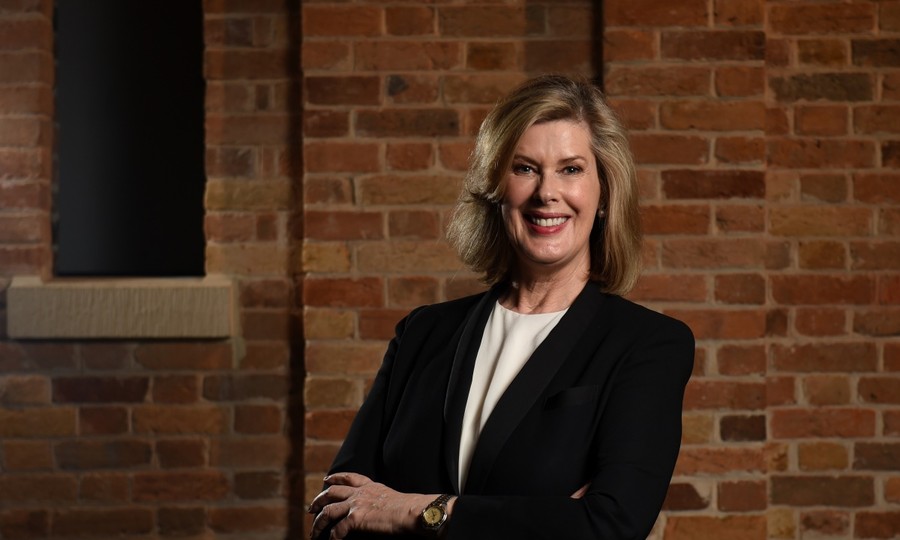
After little over two years as the CEO of Ardent Leisure, owners of Dreamworld, Deborah Thomas has been demoted to chief operating officer with the curious (made up) title of chief customer officer. Her new focus will reportedly be overseeing the company's Australian operations – namely Dreamworld and the AMF chain of bowling centres.
Ms Thomas was appointed in March 2015 after a stint on the company's board. She replaced outgoing CEO Greg Shaw who had helmed the company for 13 years.
With a background in media and publishing – Ms Thomas was formerly editor of Woman's Weekly – her appointment as CEO was widely rejected by the market and her skillset for operating a leisure and tourism was questioned. The appointment was met with a 19 per cent slump in share prices for Ardent Leisure.
"I am not here to operate the roller coaster; I am here to make sure that people queue up and want to spend their money to take a ride on it." Ms Thomas told The Weekend Australian in February last year to fight criticism that she was unsuited to the role.
Not long after, Ms Thomas was thrust onto front pages when Dreamworld's popular Thunder River Rapids ride malfunctioned and resulted in the deaths of four riders. The initial response from Ardent Leisure was widely criticised but Ms Thomas eventually found her feet in the face of tragedy and the company steered Dreamworld back to an operational state.
It's not the freak occurance at Dreamworld that has seen the market call for a change at Ardent Leisure, it's the company's aggressive Main Event strategy that looks to be wearing thin and hemmoraging money. Though Main Event has seen solid returns – new centres offering some 30 per cent ROI – existing centres have seen declines in growth at the same time that the company plans to roll out some 200 of the centres across the USA.
Australian Financial Review's Joe Aston has been widely critical of the company's strategy for the past year, citing underperformance and self-cannibalisation (where new centres take customers away from existing centres) as cracks in their chosen growth strategy. We told you so, he wrote just two months ago. A month ago he predicted this week's outcome, writing that Deborah Thomas is a dead woman walking.
Ms Thomas will be replaced in the role of CEO by Simon Kelly, a former Nine executive. It's not the only CEO shake-up for Australian theme park operators; competitors Village Roadshow Theme Parks recently appointed Clark Kirby to replace Tim Fisher as the group's chief executive.
Up until last year, Dreamworld has been a reliable cashcow, delivering solid profits for minimal ongoing investment that allowed the company to pursue its Main Event pipe dream. The company however has continued to focus on Main Event; they divested their health clubs and marinas to further fund Main Event growth, leading to much speculation that Dreamworld would be next.
In February last year, Ms Thomas did little to quash rumours of Chinese theme park giant Wanda buying the theme park, stating that they'd be open to discussions.
"My door is open to any discussion that will add value to any of our assets," Ms Thomas told AFR.
This time around it's China's Songcheng Group with eyes reportedly on Dreamworld. The company bought a $55 million parcel of flood-prone land at Nerang from Wanda and unveiled plans for a $600 million development aimed at Chinese tourists that could be loosely described as a theme park.
Songcheng have their investment feelers out across south-east Queensland. The group is also eyeing off 6,000 hectares of farmland between Brisbane and the Gold Coast to build an entire city that includes theme parks and tourist attractions.
Songcheng operates a number of low-grade theme parks across China. Their attractions include counterfeit roller coasters – yes, like dodgy Nike shoes that fall apart and Rolex watches that can't keep time, knock-off roller coasters are scarily a thing – among other attractions of questionable quality.
Featured in this article
Recent articles
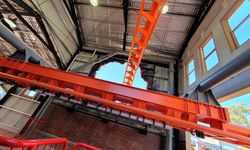
Now trending

